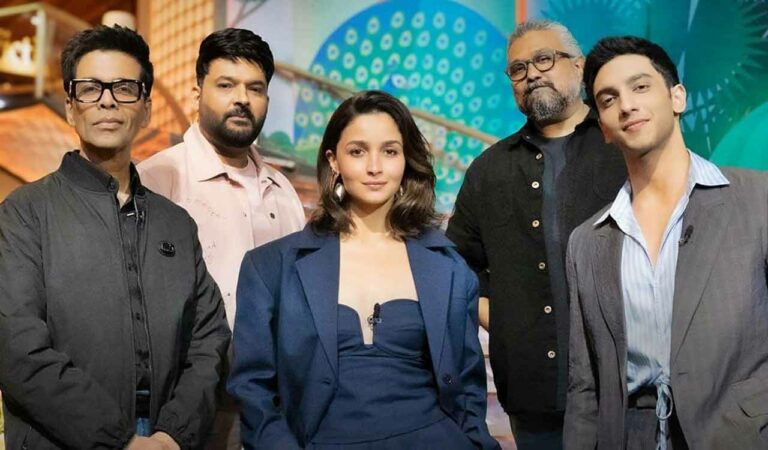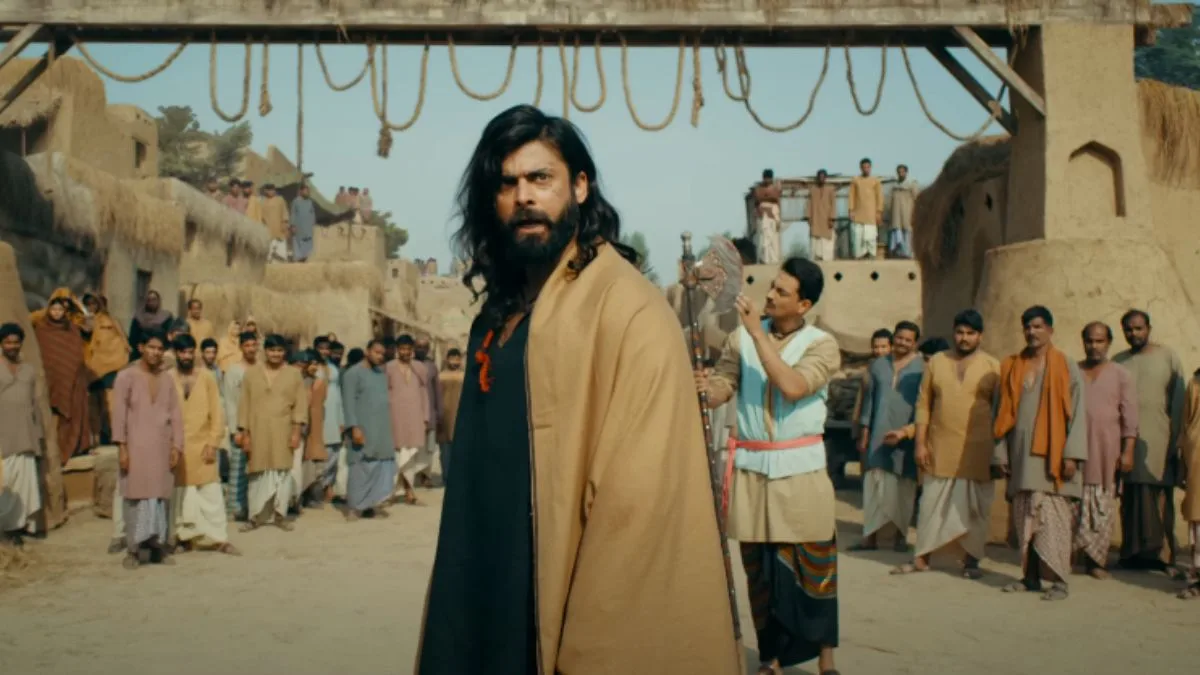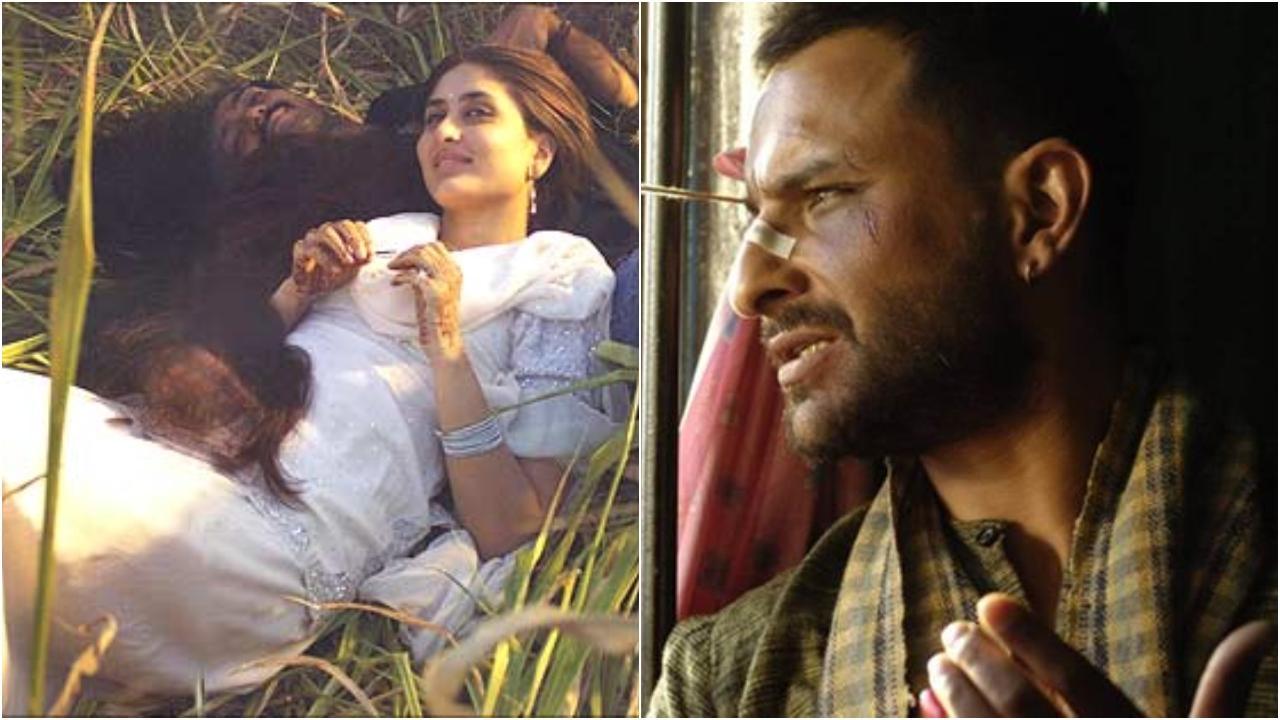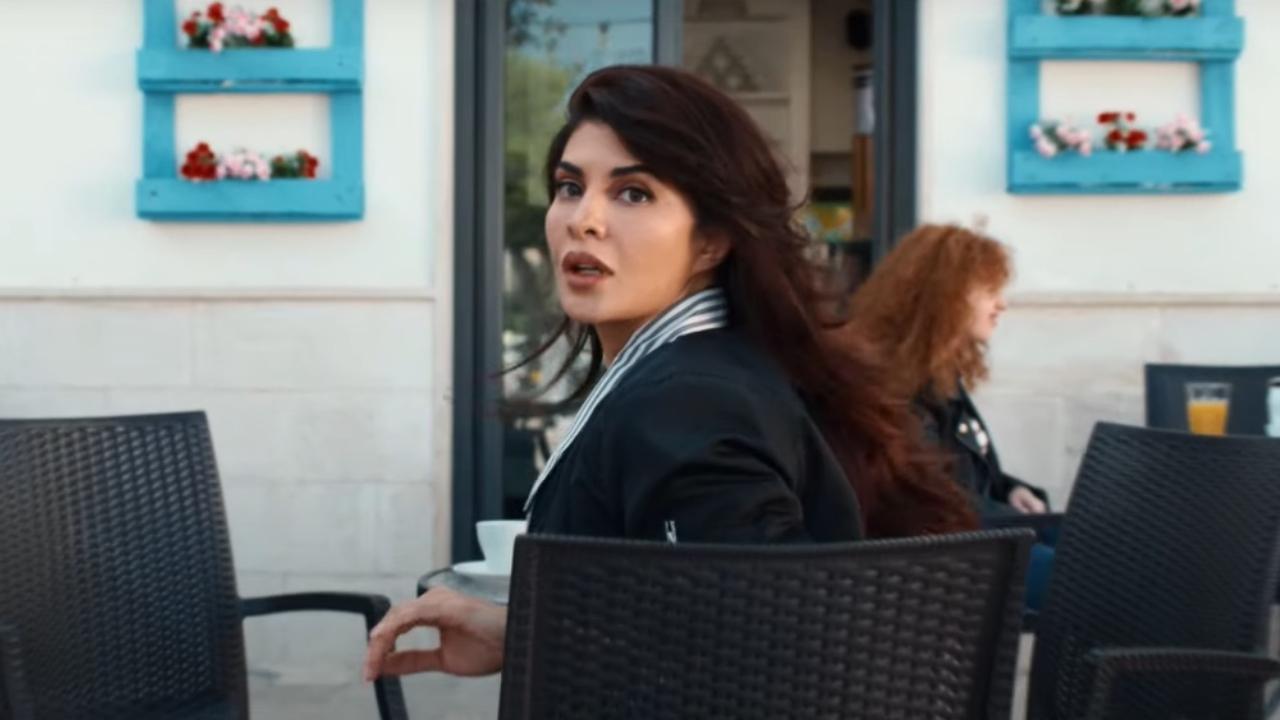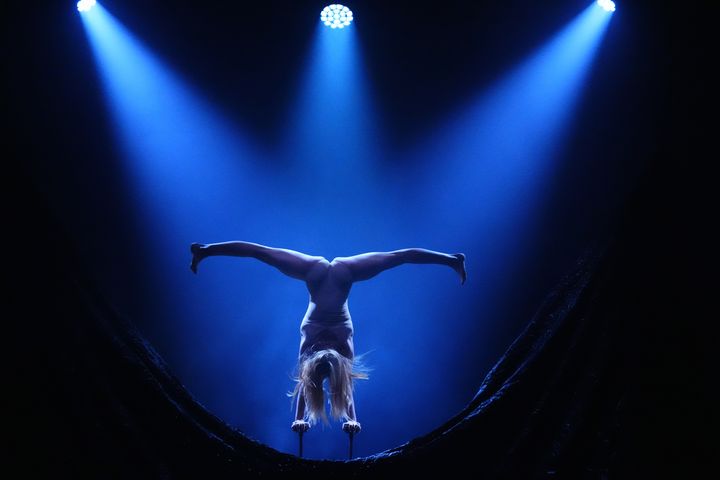The season stars Lee Min-ho, Youn Yuh-jung, Kim Min-ha, Jin Ha, Anna Sawai, Jung Eun-chae, Soji Arai, Han Jun-woo, and Kim Sung-kyu Lee Minho reprises his role as Ko Hansu in the second season of 'Pachinko.' Photo courtesy of Apple TV+ , Apple TV+’s acclaimed drama series and winner of 11 international awards, including a Peabody Award, an American Film Institute Award, a Critics Choice Award, and a Gotham Independent Film Award, enters its second season, promising [again] a singular viewing experience in its sweeping narrative, linguistic diversity, and exploration of generational experiences. The season stars , Youn Yuh-jung, Kim Min-ha, Jin Ha, Anna Sawai, Jung Eun-chae, , Han Jun-woo, and Kim Sung-kyu.
With a Korean family at its center, , based on ’s New York Times bestselling novel of the same name, unfolds amid Japan’s occupation of Korea in the 1900s, when Koreans struggled through hardship trying to rebuild their lives. The living conditions of this family for four generations over different timeframes are eloquently conveyed in the narrative—the pertinent circumstances the family is facing—their poverty, their suffering, and their unrelenting resolve to get through the day at all costs. is enlightening because, to me, the lives of the characters are a subtle analogy showing how persistence is crucial for survival.

Success and failure may come in waves, but in the end, who or how you become what you become in life depends on how well or badly you handle life’s challenges. This profoundly moving drama in Korean, Japanese, and English enjoys global resonance, foremost in digging deep into the universal themes of family, identity, sacrifice, resilience, and the lasting effects of historical events on people’s lives. A fresh, poignant rendition of Coldplay’s “Viva La Vida” by Rosé (Blackpink) is featured in the second season trailer.
It appears in the season two finale while also serving as the series’ trailer song, according to the official press release. The eight-episode second season, directed by Leanne Welham, Arvin Chen, and Lee Sang-il, set to premiere on August 23 with a new episode released weekly until October 11, promises to continue , navigating the complexities of lives against the backdrop of significant historical moments, sociopolitical shifts, and the ever-evolving cultural landscape. Sunja’s perspective serves for the initial season, and in the second, we follow parallel episodes set in Osaka in 1945, where Sunja must make tough choices to ensure her family survives during World War II, and in Tokyo in 1989, where Solomon starts anew, in modest circumstances.
, produced for Apple TV+ by Media Res, is written and created by Soo Hugh, who additionally serves as an executive producer. what she thought about how different generations are portrayed in the story, emphasizing there’s an apparent generation gap between Sunja and Solomon. I wanted to explore both the clash of civilizations (Japan and Korea; east and west), as well as the clash of generations (old and new, first and second and third generations) in this show and the myriad ways that these clashes pull people apart,” she said, adding, “Ultimately, however, the message of the show is that our similarities outweigh the differences and that kinship matters.
For Sunja and Solomon, there is so much left unsaid between them at the start of the series, but as we venture forward—and as the stakes ratchet—grandmother and grandson will have no choice but to reckon with not only their past but the larger past that has come before them. History matters; our past matters, but sometimes it feels like it stands in our way. Solomon certainly feels this way.
”.













